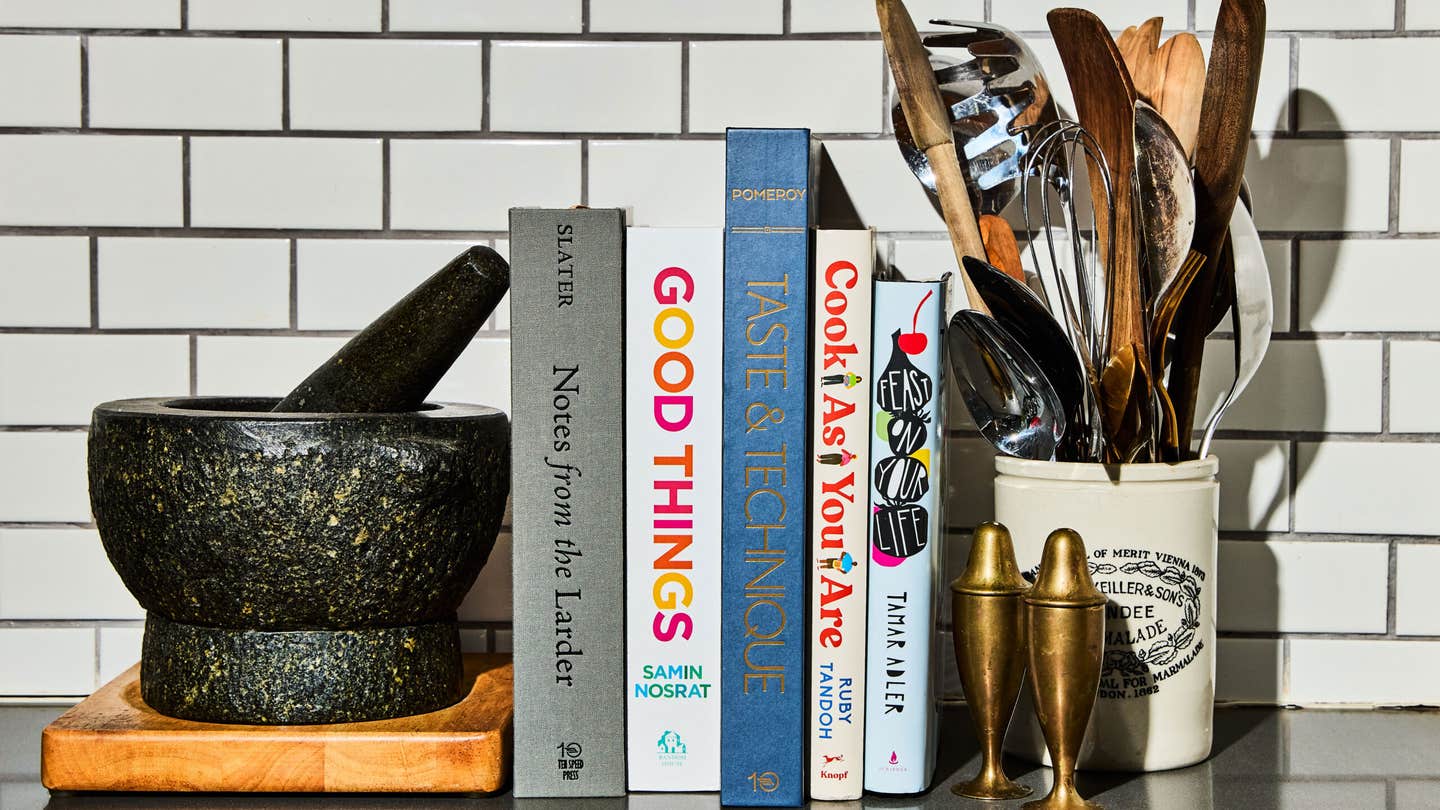
Upstate New York’s Winemakers and Farmers are Fighting to Keep Their Water Clean
“Seneca Lake is my drinking water and my winery water. This is precious”

In January of 2015, a group of winemakers and organic farmers set a long wooden harvest table on the snowy ground just outside the Crestwood gas facility near the southern tip of Seneca Lake in upstate New York. They loaded the table with fresh bread, bottles of wine and cider, sauerkraut made with cabbage and carrots, meatballs from grass-fed cows. There was maple syrup, honey, and locally foraged mushrooms. As the sun came up, they shared a meal and waited for the trucks to come.
The people around the table were protesting Crestwood’s plan to expand its natural gas storage in the abandoned salt caverns beneath Seneca Lake. The plan would not only turn the caverns into unlined storage tanks for three highly pressurized products of fracking, but also transform the Finger Lakes into a gas-storage hub for the entire Northeast. “What we were saying was, this is what this area has to offer—please don’t jeopardize it,” said Scott Signori, chef-owner of Stonecat Café, on the region’s wine trail. A month after the January protest, Signori protested again, was arrested, and was sentenced to six months’ probation.
Signori and I were sitting at a table at Stonecat just before the opening of its 19th season. His partner, Daphne, who makes pastries and desserts for the café, was in and out of the kitchen. Daphne also got arrested—along with her mother, Crow.
“If you drive to Watkins Glen where the shale is exposed, every layer is weeping water all the time,” Signori said. “It doesn’t take a biologist or geologist to tell you the shale leaks. So the idea of storing liquid propane in that environment was absurd and dangerous to me. You can’t be a beautiful place that has thriving vineyards, dairies, and organic vegetables, and be the Northeast hub for liquid propane.
Stonecat’s meat and produce all come from within 20 miles—rabbits and greens from Trumansburg, chicken and ducks from Romulus. It’s both a place where you can taste the landscape and a social hub for the people who work it. One of its regulars is Phil Davis, whose hand-planted 5 ½-acre vineyard supplies grapes for Damiani Wine Cellars. A farmer since “before he could walk,” Davis was one of the original Seneca Seven, the first round of people taken into custody when the proposal for the gas-facility expansion was announced. Four of them went to jail. He’s since been arrested two more times, and would do it again.
“This lake, I mean it’s my drinking water and my winery water,” he said. “This is precious.” The lake is also essential to the microclimate that allows the wineries to flourish here. “This is the deepest of the Finger Lakes. It lets us have a longer season to grow fairly consistent cabernet sauvignon and merlot, sauvignon blanc, cold-sensitive varieties you can’t get away with in other places.”
Outside the window the sun went down, turning the hills across the lake pink, then lavender. The lake shimmered. Water informs everything in this region. It runs through the woods, the pasturelands, down shale creek beds and waterfalls that people come from miles around to see. The whole area was once the bottom on an inland sea, the lakes later carved out by glaciers hundreds of feet thick. You can’t live here and not feel the power of all that blue depth.
This past May, Crestwood dropped its plans to expand natural gas. It was considered a victory for the people who have been fighting the project for seven years, although the company still has plans for propane storage, whose permits lie in the hands of the New York Department of Environmental Conservation. The question now is: What will the state choose to support?
That night, leaving the restaurant, I looked out at the lake, sparkling in the moonlight like a deep blue jewel. Like Davis, I grew up here and worked on a farm. I love this land—the seasons, the blue hills, the earthy sweet smell of the poplars. I know there are two sides to every story, but to me this was putting something too valuable into the hands of people who haven’t acted responsibly in the past.
I remembered the day I got arrested. When the truck came, I looked up at the driver, thinking: This guy is just doing his job. I’m just trying to do what I think is right for my kids. I long for the day we don’t have to fight about this.
Someone started singing a song about keeping this water safe for our granddaughters’ daughters. I tried to sing, too, but the water rose in me and a lump closed my throat.
Keep Reading
Continue to Next Story










